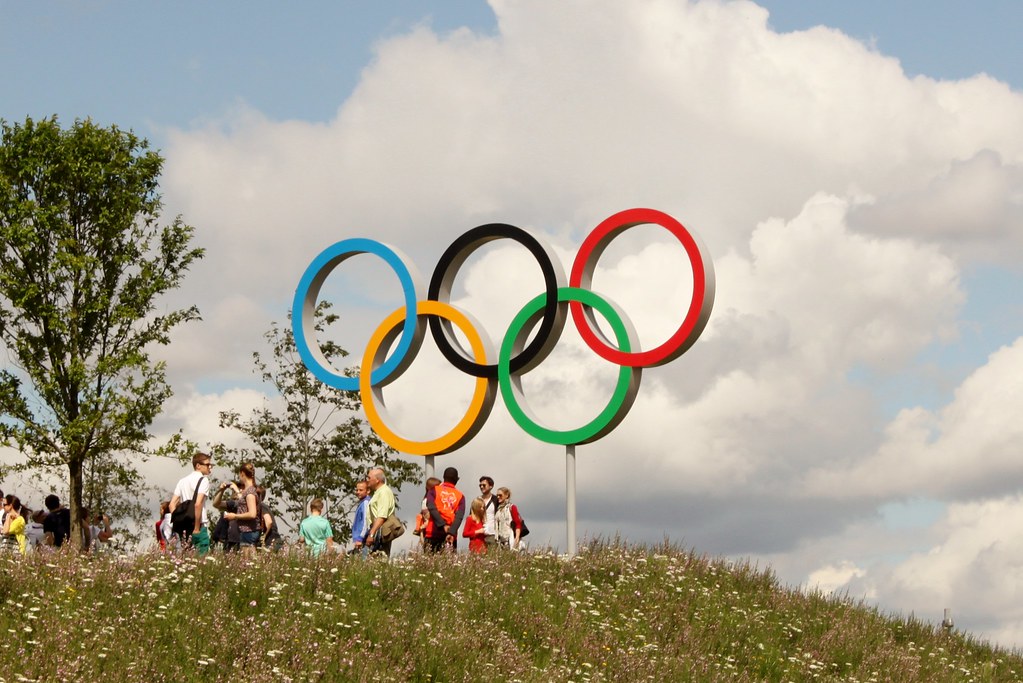Rings of Fire: How heat could impact the 2021 Tokyo Olympics

High levels of heat and humidity driven by climate change could pose a significant threat to competitors at the Tokyo Olympics in July, a new study warns.
Rings of Fire: How heat could impact the 2021 Tokyo Olympics features contributions from the University of Leeds, alongside the British Association for Sustainability in Sport (BASIS), Portsmouth University’s Extreme Environment Laboratory, and leading athletes.
The mean annual temperature in Tokyo, the capital city and host of the 2021 Olympics, has risen by 2.86°C since 1900, more than three times as fast as the world’s average. Maximum daily temperatures exceeding 35°C have become increasingly common in Tokyo since the 1990s, and scientists say that a brutal Tokyo heatwave in 2018 would have been impossible without climate change.
As a result of forecast temperatures, the marathon and cycling events have already been moved to cooler climes, but other sports may face safety checks before they proceed in July. The study suggests that the International Olympics Committee may need to integrate climate data into future venue criteria as global temperatures rise.
Climate change is an uninvited participant to the Olympic Games and will try everything to break some records
Paloma Trascasa Castro, postgraduate researcher in the Priestley Centre at the University of Leeds, said: “Japan is warming three times as fast as the global average, with very hot days and warmer nights becoming the new normal.
“Added to the underlying signature of climate change, the urban heat island effect increases the chances of the 2021 Tokyo Olympics becoming the hottest Olympic on record.
“Climate change is an uninvited participant to the Olympic Games and will try everything to break some records.”
Joanna Dyson, postgraduate researcher in the School of Chemistry, added: “Extreme heat could lead to dangerously high levels of atmospheric pollutants in Tokyo.
“The effect of poorer air quality on the health and performance of the athletes should not be understated.”
Organisers have already admitted that heat and humidity levels in Tokyo could be a ‘nightmare’, with pictures of collapsed athletes at the 2019 Doha Athletics Championships fresh in the memory.
Mike Tipton, Professor of Human & Applied Physiology at the Extreme Environments Laboratory, School of Sport, Health & Exercise Science at the University of Portsmouth, said: “Olympic organisers must take the warnings in this report seriously or face a real risk of competitors collapsing through heat exhaustion.”
The new study warns that extreme heat will put athletes and spectators at risk and will continue to do so in the light of rising global temperatures if no mitigation measures are considered.
Further information
Read Rings of Fire: How heat could impact the 2021 Tokyo Olympics
Contact Ed King – ed.king@gsccnetwork.org
Top image: “London 2012 Olympic Games” by amsr_photography is licensed under CC BY 2.0
